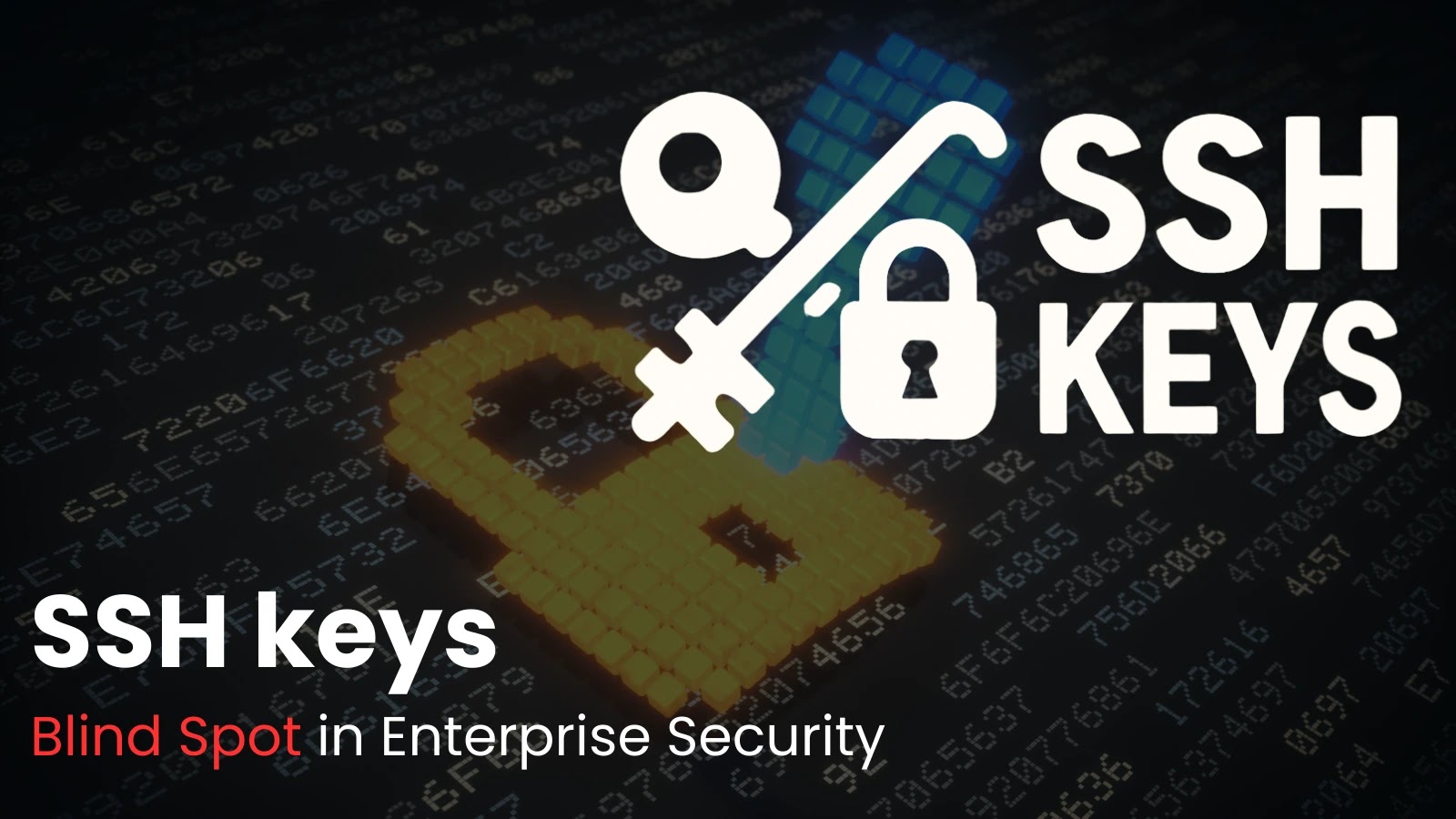In the realm of enterprise security, SSH (Secure Shell) keys are indispensable for facilitating secure remote access to critical systems. These cryptographic credentials enable passwordless authentication, ensuring that administrators and automated processes can interact with servers, cloud infrastructures, and various network devices securely. Despite their pivotal role, SSH keys often remain inadequately managed, creating significant vulnerabilities within organizational security frameworks.
The Critical Role of SSH Keys in Secure Remote Access
SSH keys operate on asymmetric encryption principles, comprising a private key (kept confidential by the user) and a public key (stored on the target system). This method offers several advantages over traditional password-based authentication:
– Enhanced Security: SSH keys are resistant to brute-force attacks, as the complexity of the cryptographic algorithms makes unauthorized access computationally prohibitive.
– Operational Efficiency: They facilitate seamless automation of tasks such as system administration, secure file transfers, and continuous integration/continuous deployment (CI/CD) processes without the need for interactive password entry.
– Reduced Credential Exposure: Since passwords are not transmitted over the network, the risk of interception is significantly minimized.
The prevalence of SSH keys in enterprise environments is substantial. Studies indicate that 84% of enterprises utilize the SSH protocol within their infrastructure, with each server potentially hosting between 50 to 200 keys. In large organizations, this can result in an SSH key inventory numbering in the millions, spanning on-premises servers, cloud platforms, and containerized environments.
Challenges in SSH Key Management
Despite their widespread use, SSH keys often escape the rigorous management and oversight applied to other security credentials. Several factors contribute to this oversight:
– Decentralized Creation and Distribution: Unlike centralized authentication systems, SSH keys can be generated and distributed by individual users without centralized control, leading to a proliferation of unmanaged keys.
– Lack of Expiration Policies: By default, SSH keys do not expire, meaning keys created years ago may still grant access unless explicitly revoked.
– Insufficient Visibility: Many organizations lack comprehensive inventories of their SSH keys, making it challenging to monitor and manage access effectively.
This lack of governance creates substantial attack surfaces that threat actors can exploit for lateral movement, privilege escalation, and persistent access to sensitive systems.
Real-World Implications of Poor SSH Key Management
The consequences of inadequate SSH key management are not merely theoretical. Several incidents highlight the tangible risks:
– Phishing Campaigns Exploiting SSH Key Reuse: A coordinated phishing campaign targeting critical sectors in Kuwait was exposed due to the attackers’ reuse of SSH authentication keys across multiple servers. This operational security lapse allowed researchers to link seemingly unrelated phishing domains, demonstrating how poor SSH key practices can inadvertently aid in threat detection. ([cybersecuritynews.com](https://cybersecuritynews.com/ssh-auth-keys-reuse-exposes-phishing-attack/?utm_source=openai))
– Vulnerabilities in OpenSSH: High-severity vulnerabilities in OpenSSH have been identified, enabling machine-in-the-middle attacks and pre-authentication denial-of-service exploits. These flaws underscore the importance of keeping SSH implementations updated and properly configured to mitigate potential exploits. ([cybersecuritynews.com](https://cybersecuritynews.com/openssh-vulnerabilities-mitm-dos/?utm_source=openai))
– Malware Leveraging SSH Keys for Persistence: The Outlaw Linux malware utilizes SSH brute-forcing and cron jobs to maintain persistence on compromised systems. By manipulating SSH keys and installing cron jobs, the malware ensures its components restart after system reboots, highlighting the need for vigilant SSH key management. ([cybersecuritynews.com](https://cybersecuritynews.com/new-outlaw-linux-malware-leveraging-ssh-brute-forcing/?utm_source=openai))
Best Practices for SSH Key Management
To mitigate the risks associated with SSH keys, organizations should implement comprehensive management practices:
1. Establish a Centralized Inventory: Maintain a detailed inventory of all SSH keys, including their purpose, associated systems, and responsible personnel.
2. Implement Key Rotation Policies: Regularly rotate SSH keys to limit the window of opportunity for potential misuse.
3. Enforce Strong Key Generation Standards: Utilize modern algorithms such as Ed25519 and ensure key lengths meet current security standards (e.g., a minimum of 2048 bits for RSA keys).
4. Monitor and Audit Key Usage: Continuously monitor SSH key usage and conduct periodic audits to detect unauthorized access or anomalies.
5. Educate Employees: Provide training on the importance of SSH key security, proper key management practices, and the risks associated with poor key handling.
Conclusion
SSH keys are fundamental to securing remote access in enterprise environments. However, without proper management and oversight, they can become significant security liabilities. By implementing robust SSH key management practices, organizations can enhance their security posture, reduce the risk of unauthorized access, and protect their critical systems from potential threats.



